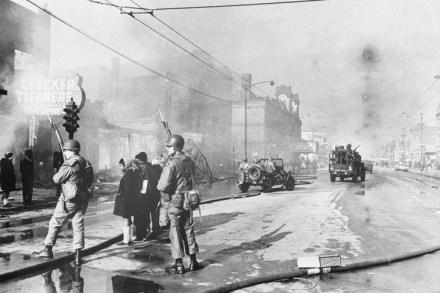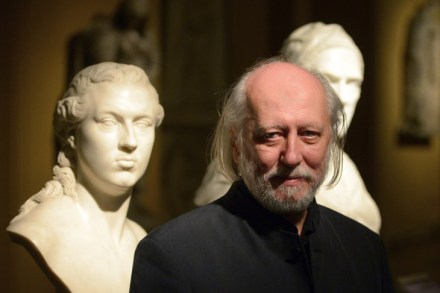Telling on mother
Like many debut novels, The Nix, by the American author Nathan Hill, is about somebody writing their first book. Samuel Andresen-Anderson, an erstwhile literary wünderkind, working as an English professor at an undistinguished college outside Chicago, was paid a huge advance a decade ago, on the strength of a single short story. It is now 2011, the promised book has failed to materialise, and Samuel’s publishers have, reasonably enough, decided to sue him. His editor, Guy Periwinkle, is an author’s nightmare of a publishing bigshot, for whom ‘a book is simply one shape that interest can take when we scale and leverage it’. You suspect Periwinkle would be happy with





















